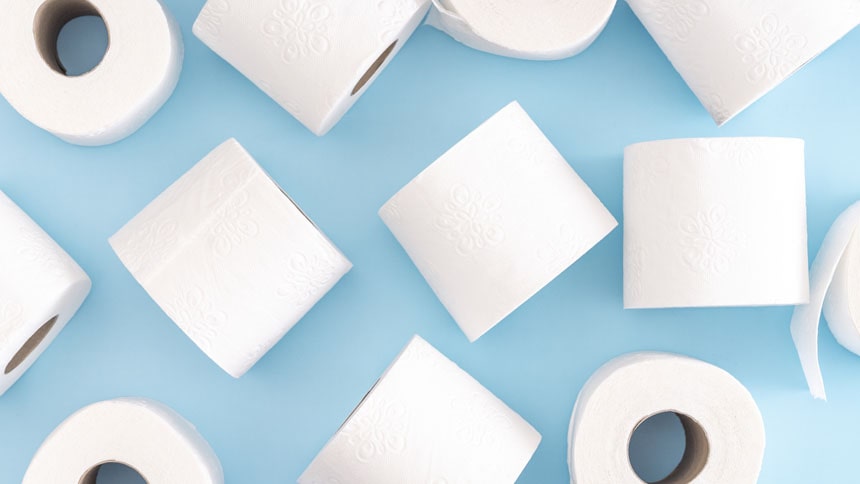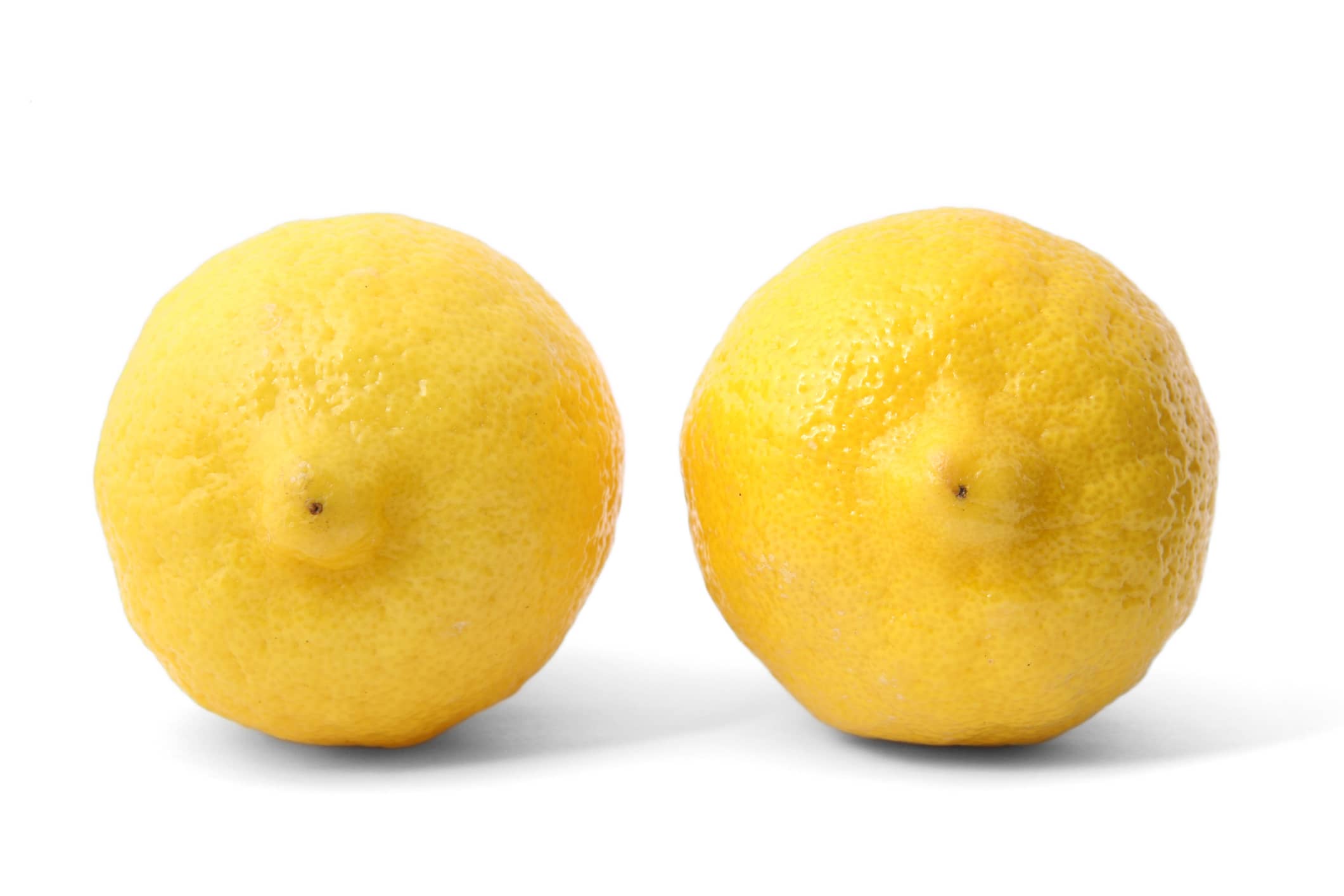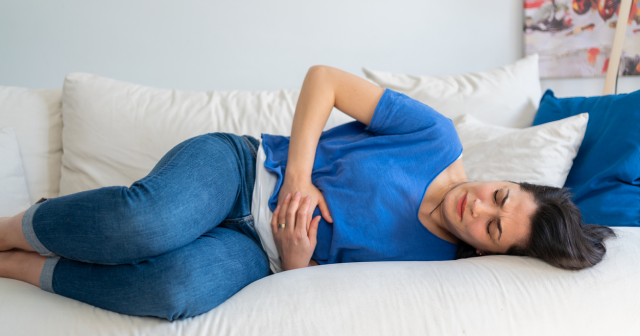Menopause usually happens somewhere between the ages of 45 and 55. Levels of your hormone oestrogen go down, and your periods happen less often and then stop altogether. The stage of life just before this is called the perimenopause.
Menopause is a natural part of ageing, but is different for everyone. At this time, you tend to have various physical and emotional symptoms, such as:
- low mood
- hot flushes and night sweats
- vaginal dryness
- memory issues
- a reduced sex drive (libido)
Your risk of certain health issues may also go up, including osteoporosis and Alzheimer’s disease. This is all due to the decreasing hormone levels in your body.
The good news is that your diet can play a large role in helping you deal with some menopause symptoms. It is even more effective if you combine it with exercising regularly and stopping smoking.
What are the best foods for menopause?
Best foods to protect bones at menopause: calcium and vitamin D
During the first few years of menopause, you may lose bone mass rapidly, which weakens your bones. This may increase your risk of osteoporosis, a condition that makes your bones more fragile and likely to fracture or break. This is particularly the case if you start menopause early, before the age of 45, or your ovaries have been removed.
You can help your bones to stay stronger and healthier if you eat enough calcium and vitamin D. Calcium helps you to have healthy bones, but you need vitamin D as well, to help your body absorb the calcium.
Good sources of calcium include:
- dairy foods
- soya drinks with calcium added
- green leafy vegetables, such as curly kale, broccoli and spring greens
- sardines, pilchards and other fish where you eat the bones
- soya beans
- tofu
- nuts
- dried fruit and pulses
- sesame seeds and tahini
- brown and white bread
To get enough Vitamin D to help your body absorb calcium you should aim for 10 micrograms a day. Sources of vitamin D in food include red meat, oily fish, egg yolks and fortified foods, such as some breakfast cereals.
Vitamin D can be obtained from sunlight as well as your diet, but this may be difficult, especially during the autumn and winter months. Because of this, you might want to consider taking a daily supplement, but first get advice from a doctor about whether this is necessary.
Read more about supplements for menopause symptoms.
Best foods to tackle menopause weight gain: fibre and protein
Menopause sometimes causes weight gain, especially around the tummy (abdomen), which, in turn, increases the risk of several other health problems, including diabetes and heart disease.
Fruit and vegetables – Many fresh fruits and vegetables are low in calories and are a great source of fibre, helping you to keep to a healthy weight. They’re also great for heart health.
Protein-rich foods – Weight gain during menopause might also be curbed by eating lean protein-rich foods – such as fish, poultry and beans – as these keep you feeling fuller for longer. Protein also helps you to retain your muscle mass, which tends to decrease during menopause.

Best foods to help ease hot flushes: plant oestrogens
Phytoestrogens - also known as plant oestrogens - are a natural form of oestrogen that can be found in some foods, but can be taken as a dietary supplement. Evidence on their effectiveness to help menopause symptoms is limited, although there is some suggestion that they may help people who have a lot of hot flushes.
Foods that contain phytoestrogens include soya beans (used to make tofu and soya milk), along with chickpeas and red clover.
Foods to avoid to help reduce menopause symptoms
Some foods and drinks should be avoided or cut down on during menopause, as they may trigger menopause symptoms for some people.
Sugary or spicy foods
Spicy foods can trigger hot flushes and night sweats, so it’s a good idea to cut down or avoid them if you get these symptoms.
Cutting down on sugary foods during menopause may also help with mood swings. Having too much refined sugar causes your blood sugar levels to rise and fall quickly, making you irritable.
Try swapping to foods with natural sugars, such as fresh or dried fruit. They help satisfy a sweet tooth but also help you feel fuller for longer because they are high in fibre.
Caffeine and alcohol
Caffeinated foods and drinks and alcohol may also trigger hot flushes and night sweats. It might also be a good idea to cut down the amount of alcohol or caffeine you have if you experience anxiety, which is a common menopause symptom.
Key takeaways
- following a healthy, balanced diet may help with menopause symptoms
- calcium and vitamin D are essential for keeping bones strong and healthy during menopause
- eating a diet high in fruit and vegetables may help with menopause weight gain
- supplements are sometimes a good idea if you can’t get what you need from your diet
- sugary and spicy foods, as well as caffeine and alcohol may trigger some menopause symptoms
Keen to learn more about eating a healthy and balanced diet? Try out our 28-day in-app eat better plan for tips and hacks on how to boost your nutrition. Currently available on iOS only.






